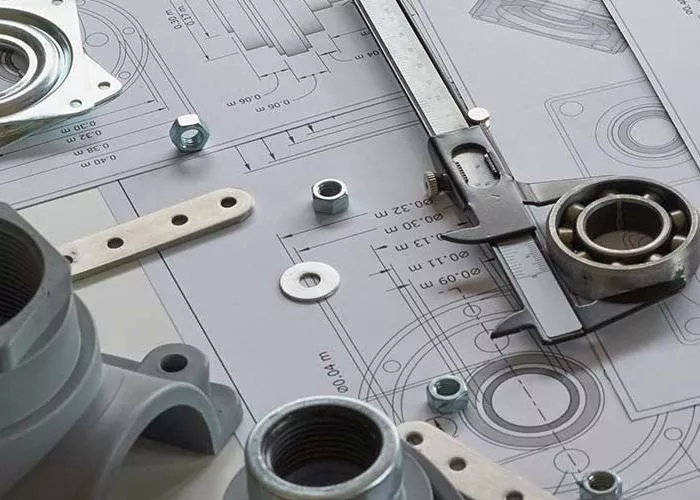Taiwanese solid-state battery pioneer ProLogium Technology has announced a strategic collaboration with Japan’s Kyushu Electric Power to develop a cutting-edge 24 V lithium ceramic battery (LCB) module specifically designed for construction machinery applications.
This partnership leverages ProLogium’s advanced battery technology alongside Kyushu Electric Power’s expertise in module design and seamless integration with heavy equipment end users. Together, they aim to deliver a robust, high-performance energy solution engineered to withstand the rigorous demands of the construction sector.
Under the agreement, ProLogium will provide its proprietary lithium ceramic batteries, while Kyushu Electric Power will lead the development of the 24 V battery modules and their integration into heavy machinery. ProLogium plans to initiate pilot production of its fourth-generation LCB by late 2025.
ProLogium’s solid-state battery employs a fully inorganic electrolyte coupled with highly stable cathode and anode materials, significantly reducing risks of thermal runaway and fire hazards. The battery is equipped with an Active Safety Mechanism (ASM) that automatically engages in high-temperature scenarios to enhance operational safety under extreme conditions.
Featuring a 100% silicon composite anode, the battery achieves superior energy density, enabling a more compact and lightweight pack—ideal for space-constrained heavy equipment where both performance and efficiency are paramount. Additionally, the battery supports rapid charging, minimizing equipment downtime and extending operational cycles.
Vincent Yang, founder and Chairman of ProLogium, emphasized the significance of the collaboration: “As global industries accelerate toward sustainability, electrification in construction and heavy machinery is no longer optional—it’s imperative. This partnership allows us to deliver extended-range energy solutions for heavy-duty operations, improve productivity through fast-charging capabilities, and ensure reliable battery performance even in extreme cold climates, driving the future of electrified heavy industry.”

